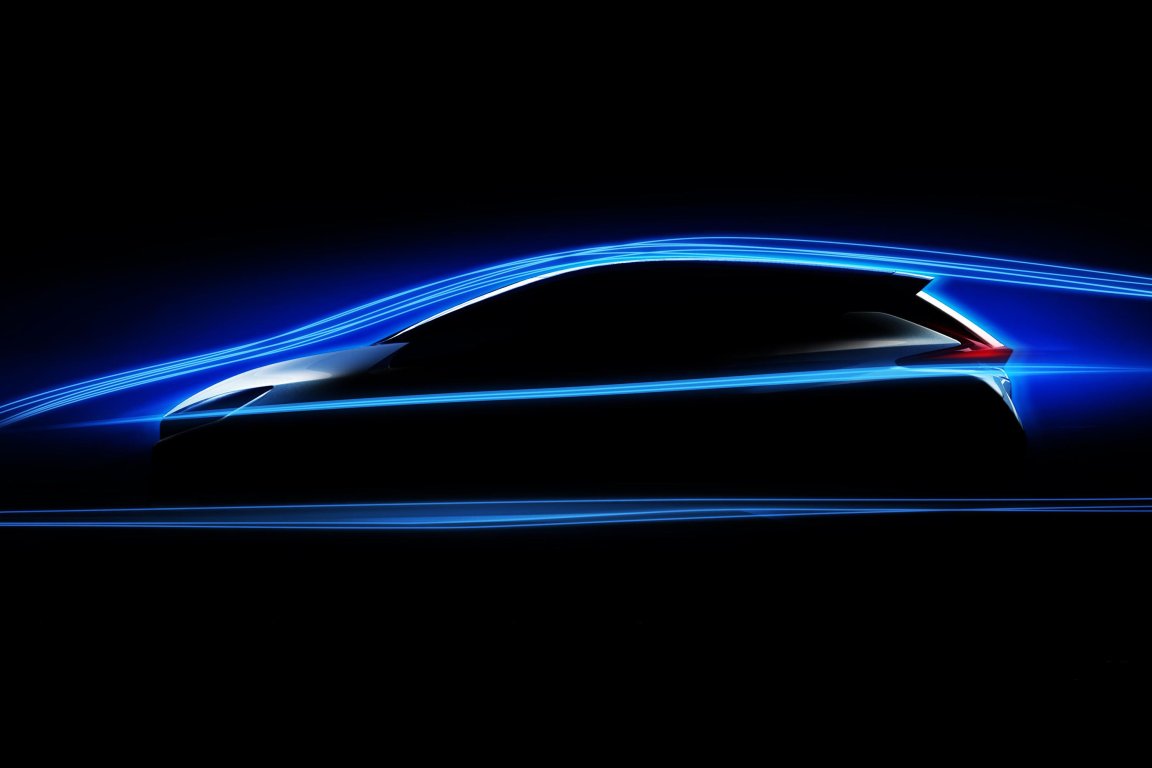
Electric vehicles (EVs) are still far away from widespread popularity, but they are well on their way. As with most new technologies, the first iterations have a significant cost barrier that, at least initially, keeps them out of reach for the average consumer. However, EV tech is far enough along for more affordable options to become available.
Tesla is gearing up to release its, relatively, affordable EV option with its Model 3. The base offering of the model starts at $35,000. Chevrolet’s model, the Bolt, begins at an MSRP of $37,495 (though it can be purchased as cheaply as $30,000 with tax credits). Now, Nissan is joining the fun of launching more affordable EVs with its 2018 Leaf model. The base model will cost $29,990, more than $5,000 less than Tesla’s Model 3.

However, there is a reason for that cheaper price. According to leaked information published by Autoblog, the base vehicle’s battery will have a 40 kWh capacity, which will be good for 150 – 160 miles of travel on one charge. Compare this to the Model 3’s 75 kWh battery and it’s easy to see what a consumer is sacrificing for the cheaper price tag.
The availability of cheaper EV’s is a welcome trend, especially considering the cost savings of recharging these vehicles compared to refueling a gas powered car. Tesla estimates that its Model 3 could save consumers $3,584 on gas within five years, which is about $716 per year. Perhaps more importantly, more accessibility to EVs will have an even greater impact on the environment.